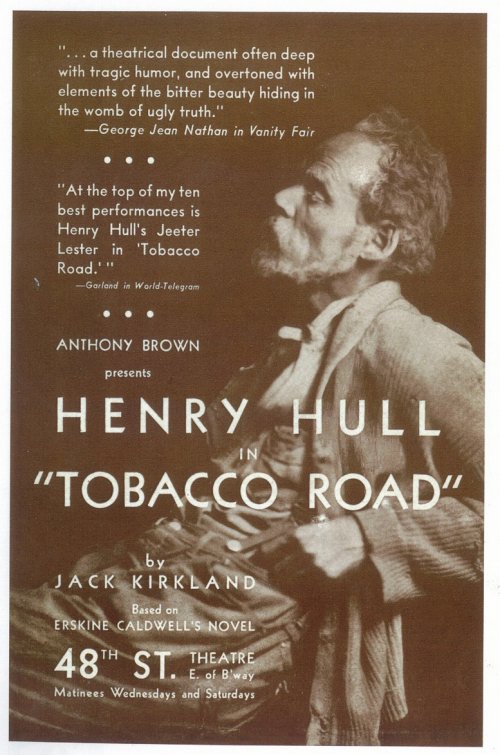In today’s Wall Street Journal drama column I take a close look at a little-known list from yesterday, and see what it tells us about American theater today. Here’s an excerpt.
* * *
Two aging theater buffs strike up a conversation. Says Old-Timer No. 1: “Broadway isn’t what it used to be.” To which Old-Timer No. 2 replies, “No, and it never was.”
Who’s right? Both of them.
It’s true that Broadway has become a money-making machine chiefly devoted to the production and marketing of tourist-friendly commodity musicals. And it wasn’t always that way. Of the top 10 shows that made Entertainment Weekly’s recently published list of the best plays of the 20th century, five were premiered on Broadway between 1938 and 1962. But anyone naïve enough to believe in the existence of a golden age when Times Square was a playground for highbrows should look at a list of Broadway’s 10 longest-running straight plays….
 What do these plays have in common? To begin with, the “newest” of them opened 35 years ago. Three others date from the ’60s and ’70s. The rest are antiques. Today it’s inordinately hard for a straight play, no matter how good it is, to run on Broadway for more than a few months, since the first ingredient in the modern recipe for theatrical success is the presence in the cast of a movie or TV star. As soon as the star in question returns to Hollywood to resume his or her screen career, the show closes….
What do these plays have in common? To begin with, the “newest” of them opened 35 years ago. Three others date from the ’60s and ’70s. The rest are antiques. Today it’s inordinately hard for a straight play, no matter how good it is, to run on Broadway for more than a few months, since the first ingredient in the modern recipe for theatrical success is the presence in the cast of a movie or TV star. As soon as the star in question returns to Hollywood to resume his or her screen career, the show closes….
On the other hand, all but two of the plays on the top-10 list are light comedies of one kind or another. “Abie’s Irish Rose,” “Barefoot in the Park,” “Born Yesterday,” “Mary, Mary” and “The Voice of the Turtle” are romcoms, “Gemini,” “Harvey” and “Life With Father” domestic farces. The only exceptions are “Deathtrap,” a gimmicky whodunit by the author of “Rosemary’s Baby,” and “Tobacco Road,” the stage version of Erskine Caldwell’s once-shocking 1932 novel about the sex lives of Georgia sharecroppers. Otherwise, it appears that our great-grandparents were as partial to laughter as we are, if not more so.
Even more interesting is that most of these once-popular plays are largely forgotten today….
* * *
Read the whole thing here.
Terry Teachout on the arts in New York City
An ArtsJournal Blog
